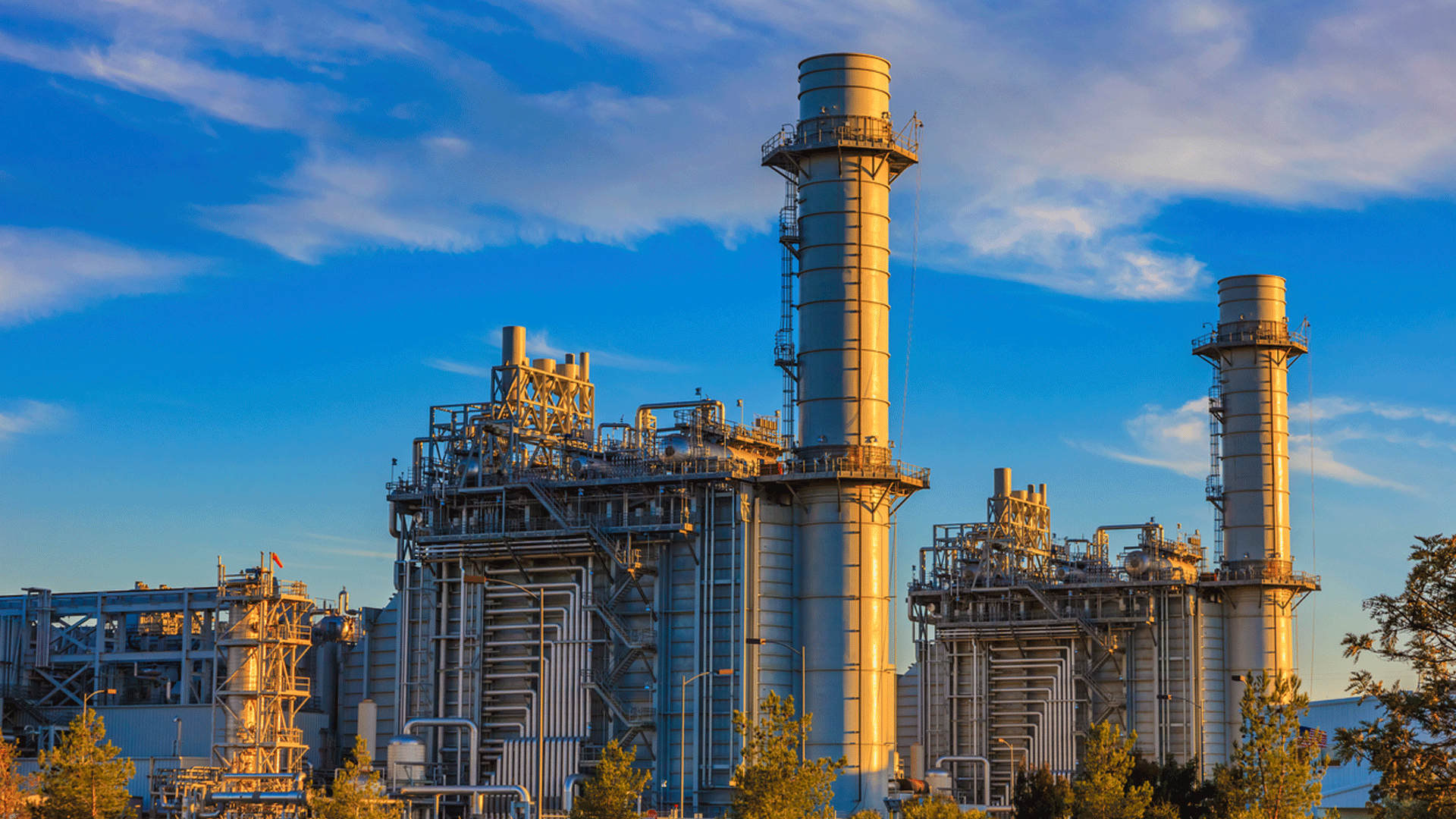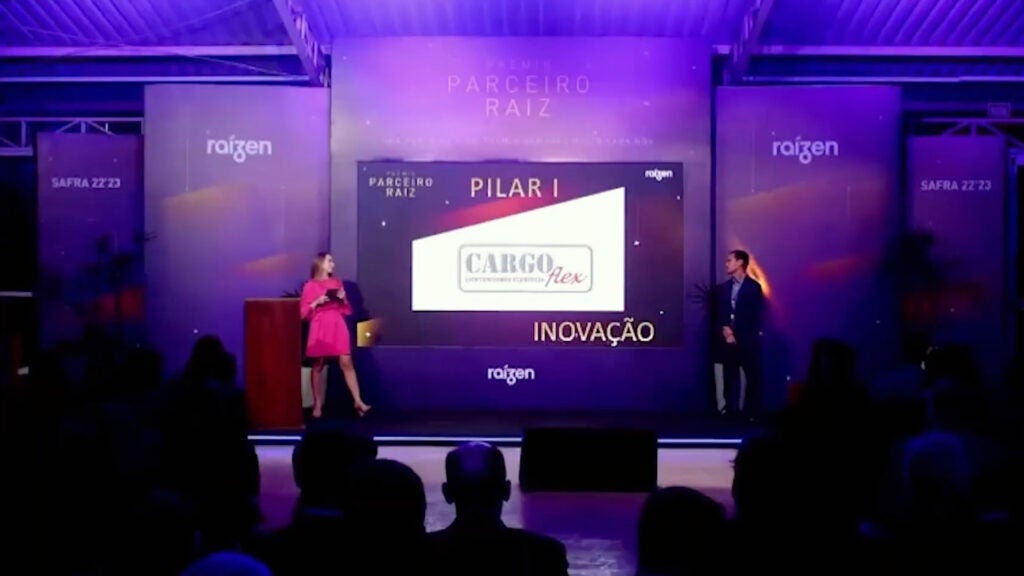Circulating Fluidized Bed Combustion
Circulating fluidized bed (CFB) combustion power generation technology has advanced significantly in the last 35 years. Commercially available units with sizes reaching 600 MW have the ability to burn a wide range of fuels with lower uniform combustion temperatures. The units burn their various fuel sources at temperatures ranging from 1300°F to 1700°F. This temperature range forms significantly less nitrogen oxide than traditional coal fired boiler units using a pulverizing method, resulting in a cleaner energy technology for power producers. The mixing mechanism of the fluidized bed brings the flue gases into contact with sulfur-absorbing materials, such as limestone or dolomite. These solid particles contribute greatly to one of the major concerns for any CFB boiler operator, erosion.
Erosion in the CFB
The boilers are constructed with cast refractory in most cases that mitigates high levels of erosion in the bottom section. In the upper section above the refractory, membraned waterwall tubes, typically seamless carbon steel, are directly exposed for maximum heat transfer. Due to the design of the boiler, recirculated and non-combustible solid particles can cause severe particulate erosion of the boiler tubes. Therefore, any material applications introduced in the combustion chamber must mitigate erosion and be applied with no protrusions in the surface profile to avoid vortex formations.
WSI’s Weldable Hardfacing Technology – Unifuse HF40™
In the various locations where erosion mechanisms exist, hardfacing alloys are acceptable to resist erosion attack. In the past it was extremely difficult to apply weld overlay of a hardfacing alloy without developing solidification cracking due to low ductility as the weld puddle cooled. WSI began researching alloying material compositions and innovative application methods to achieve impact and abrasion protection in high erosion process. This effort resulted in an industry first weldable, overlay hardfacing alloy specifically formulated for erosion resistance of pressure retaining components while maintaining corrosion resistance.
WSI’s proprietary HF40™ overlay is a Fe-Cr-C-Zr hardfacing alloy with approximately 20% chromium (Cr) that provides exceptional resistance to erosion and wear as well as erosion/corrosion attack. HF40™ weld deposits can be applied without the susceptibility to cracking of other hardfacing materials. The uniform distribution of Fe-Cr rich eutectic carbides across the weld deposit result in consistent vickers microhardness measurements across the overlay and ultimately superior resistance to erosion/corrosion attack. The alloy maintains sufficient room temperature ductility to prevent cracking upon cooling.
WSI’s proprietary HF40™ hardfacing overlay is compatible with all three of the Unifuse™ weld metal overlay application methods: Field Applied Unifuse™ Weld Metal Overlay, Shop Applied Unifuse™ Panels for Fabrication, and Shop Applied Unifuse™ 360° Tubes for Fabrication. The HF 40™ weld overlay is suitable for applications in not only circulating fluidized bed boilers but other systems where particulate erosion is the primary mode of material degradation.
WSI – Proven Results. Automatically.™
With over 2000 total workscopes executed globally with Unifuse™ for furnaces since 2000, WSI is the world leader in boiler life extension. Whether the boiler needs to be repaired emergently or during a planned outage, WSI has unparalleled innovative leadership backed by proven results. WSI has the most extensive portfolio of successfully completed weld projects and qualified procedures to handle any CFB specific challenges. Find out more about our engineered services offering at WSI.


